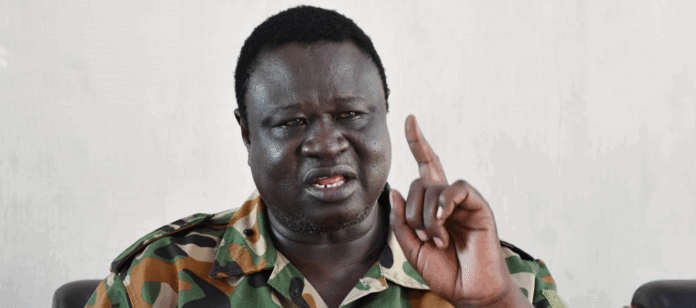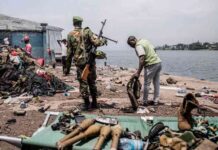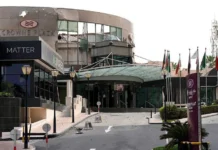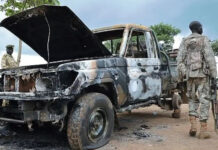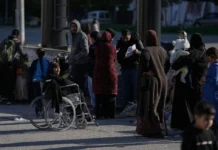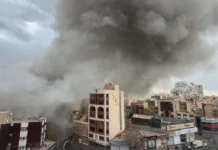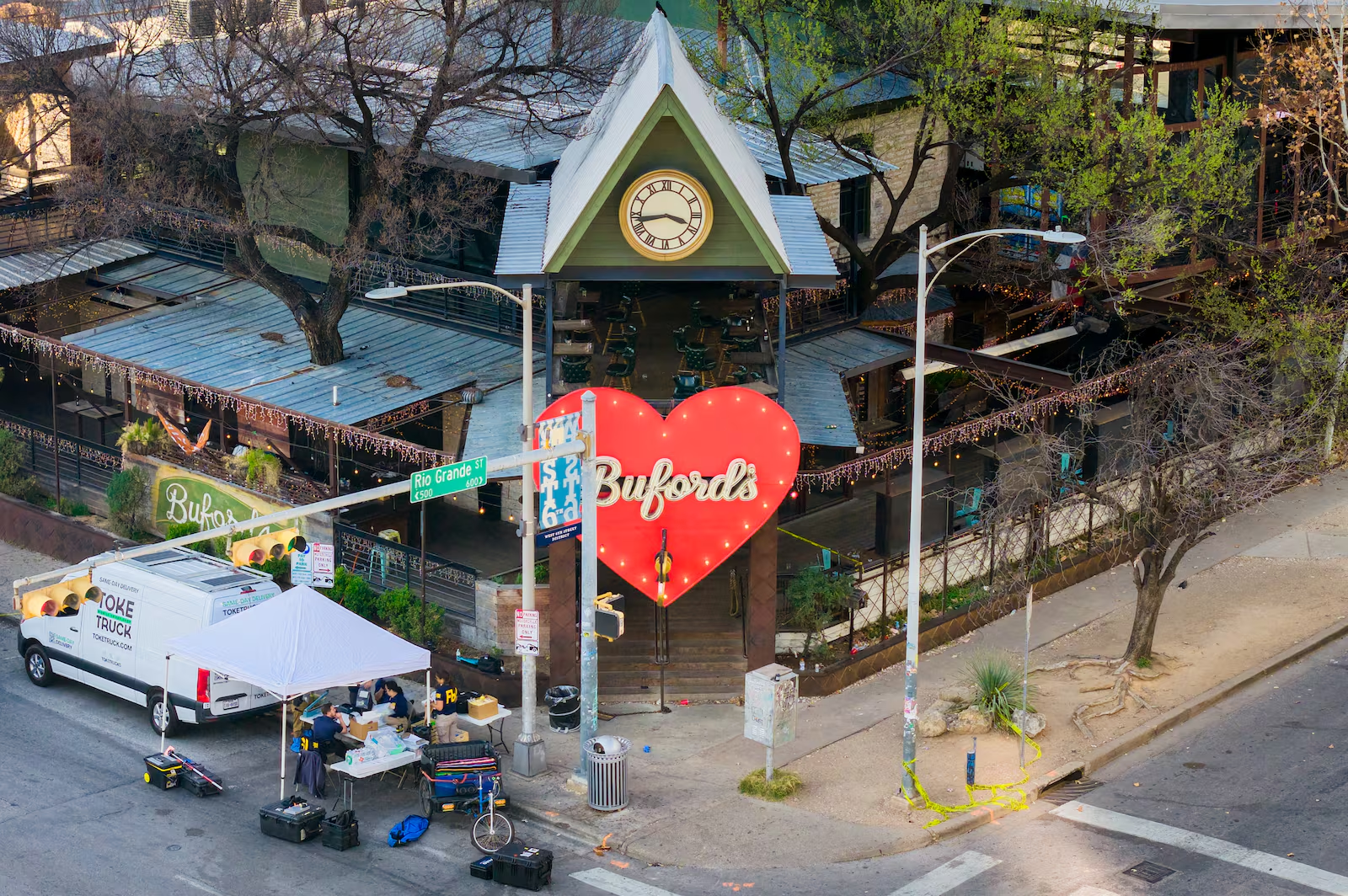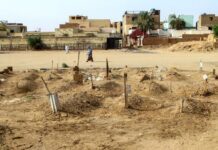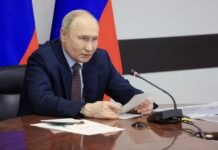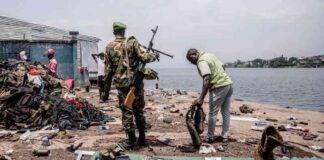Written by Lisa Murimi
South Sudan’s President Salva Kiir has stunned the nation by firing his military chief, Dau Aturjong, and reinstating his predecessor, Paul Nang Majok — just three months after dismissing him.
State-run television announced the dramatic change late Wednesday, sparking speculation about deepening cracks within the army and Kiir’s government.
Officials reported that Aturjong had been reassigned as a technical adviser in the Defence Ministry, though no explanation was offered for the abrupt switch.
Observers described the move as another example of Kiir’s unpredictable leadership style, which has seen frequent reshuffles in both government and the military since he took power at independence in 2011.
Sources close to the presidency said the reshuffle was likely linked to rising security tensions in the northeast, where forces loyal to First Vice President Riek Machar have clashed with government troops in recent months.
The fighting briefly saw army units overrun by a Nuer militia believed to be aligned with Machar.
Analysts said Kiir’s latest decision was aimed at consolidating control within a divided army.
“The president is trying to manage loyalty by rotating powerful generals before they build their own bases,” one security analyst in Juba explained. “It’s a survival tactic — but it also keeps the country in a state of uncertainty.”
The development comes as Machar, Kiir’s long-time rival, faces trial for treason, murder, and crimes against humanity — charges he has denied. His arrest earlier this year reignited fears that the 2018 peace agreement could collapse, potentially plunging the world’s youngest nation back into full-scale war.
Opposition supporters accused the government of using the military reshuffle to distract from growing instability and economic hardship.
“People can barely afford food while leaders fight over power,” one resident in Juba said, expressing frustration over the endless political maneuvering.
The United Nations recently accused South Sudanese leaders of “systematic looting” of the country’s oil wealth, warning that corruption and political rivalries were undermining peace.
With elections repeatedly delayed and violence flaring across several regions, the sudden military shake-up has heightened fears of renewed unrest.
By Thursday morning, Juba remained tense. Security forces patrolled major roads as citizens watched the unfolding events with a mix of anxiety and resignation.
For many South Sudanese, Kiir’s latest decision felt less like a strategy for stability and more like another twist in a long cycle of uncertainty — one that continues to shadow the fragile nation’s future.









